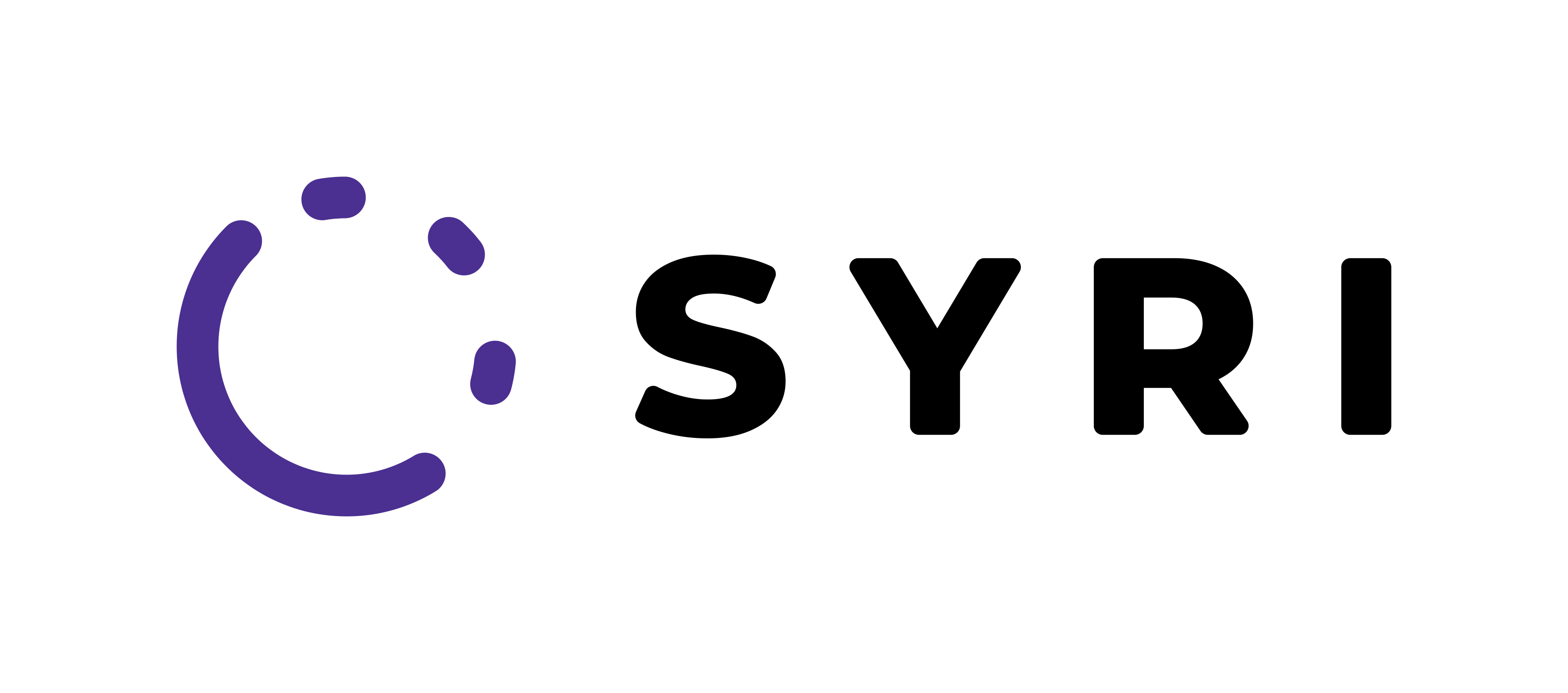Anotace a plakát
Plakát ke stažení ZDE.
On a common understanding of how fictionalism is related to fiction, developing a detailed fictionalist account on some topic requires antecedently endorsing some specific view of the semantics of fictional discourse. In this talk, I will examine the relationship between fictionalist accounts and accounts of fiction, and distinguish between the aforementioned common understanding of fictionalism and an alternative one that makes fictionalism less tied to the semantics of fictional discourse. The relevant distinction is between two species of fictionalism, comparative fictionalism and philosophical fictionalism. The difference between them pertains to how an appeal to fiction factors into theorizing. The former starts by comparing some target of theorizing with instances of fiction, but a substantive application of this approach requires that one move beyond simple analogizing to comparing the account one is offering of her target with some account of fiction, specifically, of the semantics of fictional discourse from some philosophy of fiction. By contrast, in pursuing philosophical fictionalism a theorist makes explicit appeal to the notion of fiction in the details of his account of the semantic functioning of his target discourse, making this appeal internal to the account itself. As a result, it is not necessary that the semantics of the analyzed discourse be similar to the semantics of fictional discourse in any way that underwrites any analogy between them.
Comparative fictionalism generates several concerns that motivate a preference for philosophical fictionalism within this genus of theorizing. The need for the former to move to the second-level either undermines calling such an account an instance of fictionalism, or it leads to a host of other concerns, depending on the theorist's attitude towards the relevant philosophy of fiction. Philosophical fictionalism avoids these problems. It involves no commitment to any particular philosophy of fiction. Moreover, it need not maintain that any discourse so analyzed is analogous in any way to fictional (or meta-fictional) discourse. As a result, a philosophical fictionalist account can accept different appeals to the notion of fiction as equally counting as philosophical fictionalist views, and it can distinguish in particular between fictionalist philosophies of fiction and non-fictionalist philosophies of fiction in motivated ways. Moreover, philosophical fictionalism comports with a more plausible characterization of the definitive features of fictionalism as pertaining to semantics, rather than to metaphysics or epistemology.





